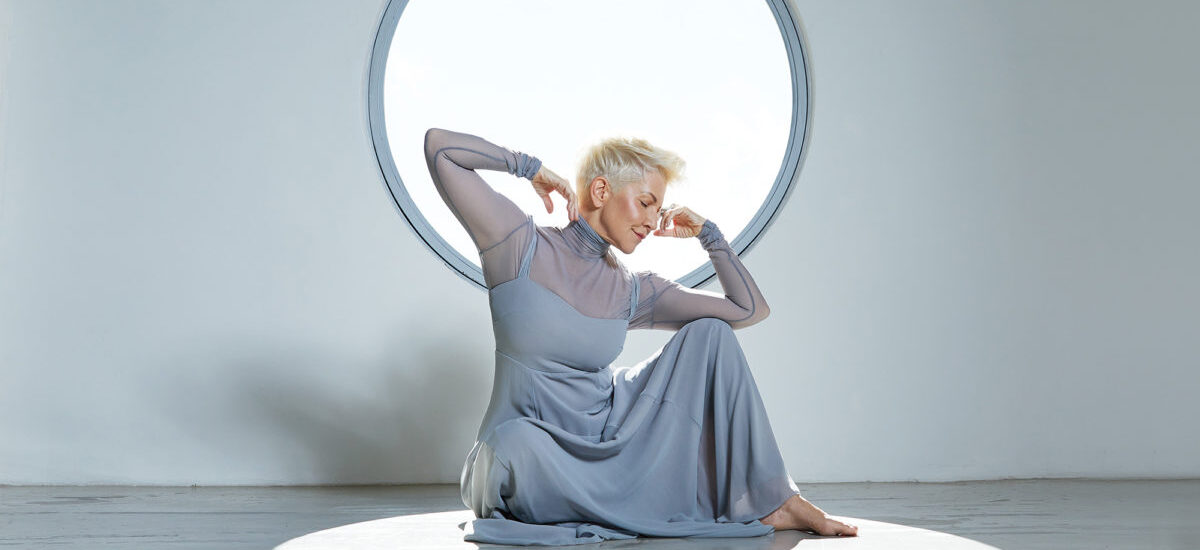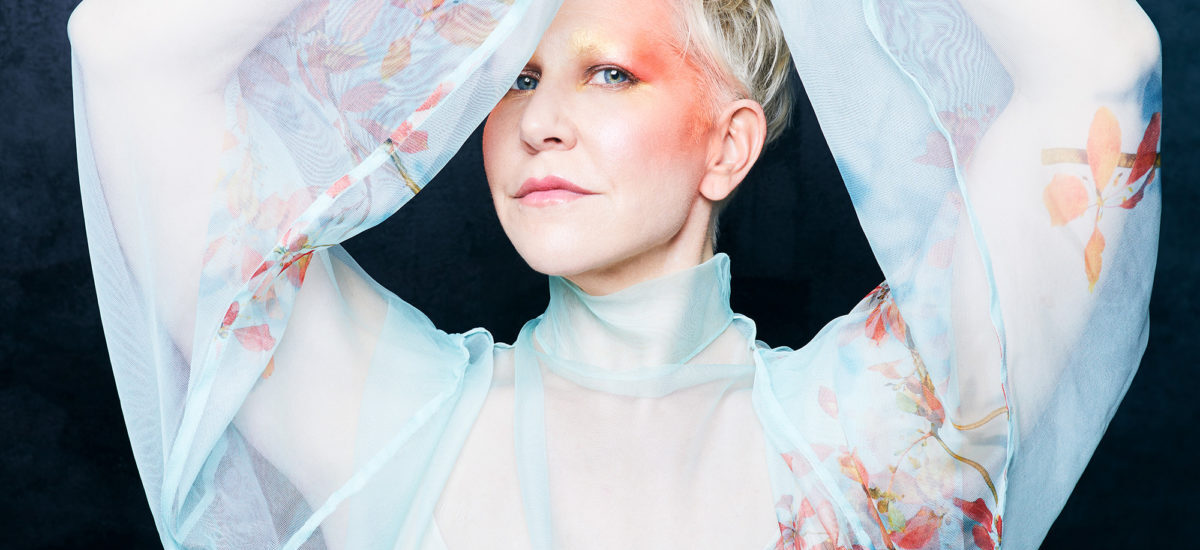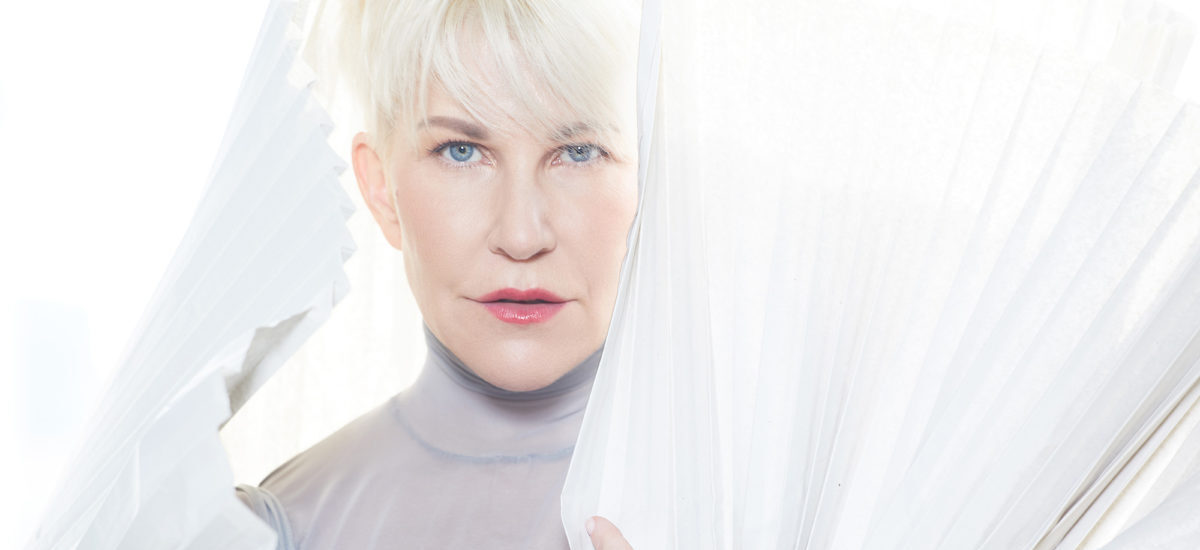TRANSCRIPT
Scofield: I also think that many people in Asia will be fascinated to hear your story of the transformation, and one thing very powerful comes to mind is your Juilliard School commencement speech in 2014, when you talk to the students and you told them some really miraculous truths, like, “you will never make it”, “the work will never end”, and the most miraculous of all, “the world needs you”!
DiDonato: We need that everywhere, you know! It’s the sanest thing that I can think of in terms of looking at problem-solving in the world. I call myself a belligerent often, because I’m a bit stubborn about it, but I’m not naïve. I know we need many things to sort of go forward in a good way in this world. But what I know for sure about the arts, we don’t need everybody to become a professional musician, but the study and the appreciation of it from an early age gives so many tools to any given human being. I mean the intellect, and the emotional connection, and the physicality, and the communal aspects that you have to learn when you study an instrument are applicable in any field that you go into. And it is a gift to a child to have this opportunity in a nurturing and well-balanced way.
I think that’s important to mention, I do some work in prison in Upstate New York with a Carnegie Hall outreach program, and they go in and these men who are incarcerated, they’re teaching them composition, and how to play instruments, and how to play the music that they’re writing.
Scofield: Amazing.
DiDonato: They’ve written music for me, which I then perform with them there in the prison for the general prison population. Giving these men the chance, a therapeutic kind of chance, to really express who they are at a core level, and to explore what their life has been up to this point. And it is sincerely rehabilitative and it’s powerful.
I’ve done some work in Athens with the National Health System of Greece, that is working with refugee children from all over the world. And side by side, you have Palestinians and Syrians. These children that’s no fault of their own to end up where they are, and with everything taken from them, and they’re being taught how to sing and how to play instruments. And it is an unspoken opportunity for them to, at least, release some of these things that they can’t possibly comprehend that they’re holding within them. And it is powerful, and it is transformative. I see that we, who have these opportunities, have an obligation to share this with people, and to give them the chance to connect at a really profound level.
Scofield: I think that is quite amazing, what you are doing in the prisons. Let me just read something to you that you said to the students at Juilliard a few years ago, because I think this is going to particularly resonate out here in Asia.
You said: ““It” doesn’t exist for an Artist. One of the greatest gifts you can give yourself, right here, right now, in this single, solitary, monumental moment in your life– is to decide, without apology, to commit to the journey, and not to the outcome.” And that is a very Asian idea, that everything exists just here, at this moment in time.
DiDonato: That’s why I say music and the theater have probably been my best teacher. Because as a performer, if I am not entirely fully present in the moment, if I’m regretting something I did not do well in the last note or the phrase, or if I’m worried about the endnote or the final phrase coming up, I don’t have all of my resources at hand to apply to the actual act that I’m engaged in this moment. And I take that on stage, and I work at it and then I see if I can apply it a little bit to my life. To the fact of joy is found right here. I may not be where I want to go, or I may feel like I should be somewhere else. But the actual full potential of joy and understanding is only ever present, right now. But that’s something I’m constantly working at. It’s a moving target, for sure!
Scofield: Yes, and what you mentioned a moment ago, there’s another thing: I remember you said to the students, “the work will never end. It’s always a work in progress”.
DiDonato: Yes, and the sooner we can thoroughly accept that, then we know how to embrace it and let the joy emerge out of the process.
Read more about Joyce DiDonato on their OFFICIAL WEBSITE.




